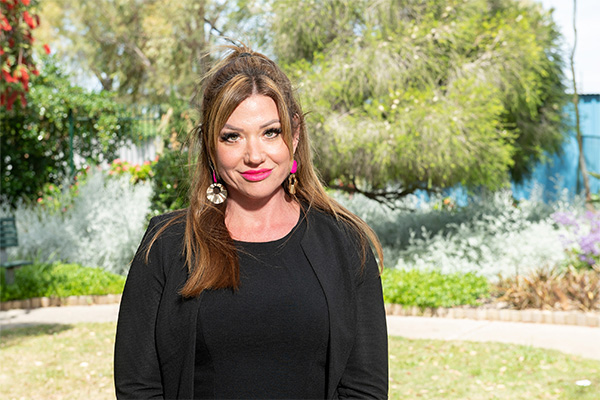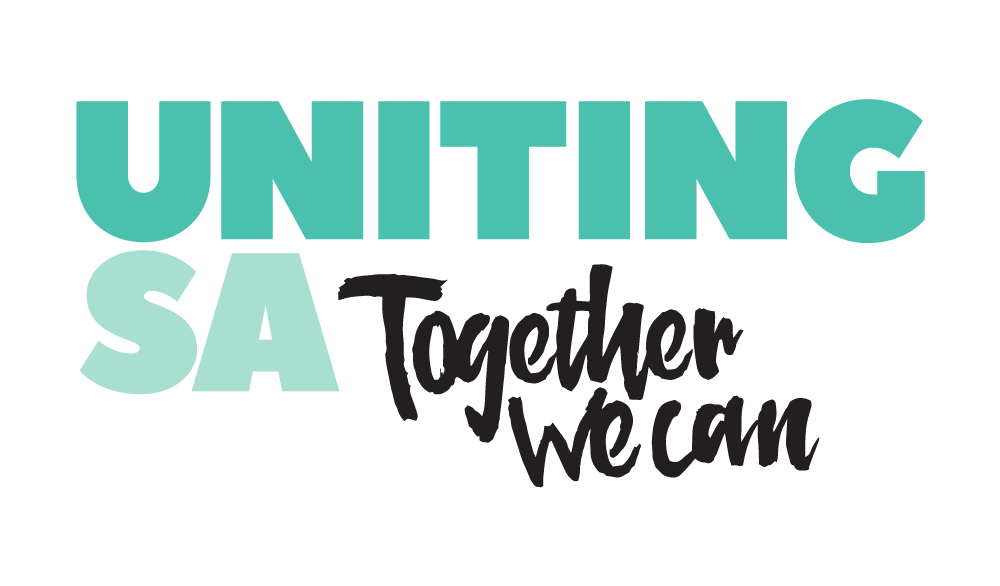UnitingSA’s Individual Psychosocial Rehabilitation and Support Service (IPRSS) is helping to improve the lives of hundreds of South Australians impacted by mental health challenges.
Last year alone, the service provided essential psychosocial support to more than 350 people to help them rebuild their lives and find their way along the road to recovery.
UnitingSA’s team of four coordinators and 40 support workers deliver the service across an enormous footprint stretching from Christies Beach in the south to Whyalla in the north.
UnitingSA’s Mental Health Services Manager, Anna Sutherland, says Mental Health Month is the ideal opportunity to recognise the incredible efforts of the team and the impact of IPRSS in communities across South Australia.
“IPRSS is having a transformative impact in the lives of many people with complex mental health challenges by providing one-on-one support tailored to their circumstances,” Anna says.
“We know people’s mental health challenges can be fluctuating and through this program, we are able to increase or decrease support in response to their changing needs.
“We work alongside the person – in partnership with their Government Mental Health Service – to help them set goals and work towards achieving them.
“It really helps people to be able to develop the skills and confidence needed to live independently in the community.”

UnitingSA Mental Health Services Manager Anna Sutherland
Anna says the support worker’s role can be complex and the partnership with Government Mental Health Services is integral to the service.
“IPRSS clients can only be referred to our program through Government Mental Health Services and clients must be connected to a care coordinator/primary clinician, who will oversee their clinical care,” she explains.
“IPRSS support workers are the critical component in ensuring clients feel supported, while navigating a complex system in which they can often feel overwhelmed.
“It’s a credit to the team of support workers that they are able to walk alongside people along their recovery journey and help to lift their voice and agency.”
The need for psychosocial support programs, such as IPRSS, is evident in communities across the country.
The 2021 Census painted a much clearer picture of the enormous public health issue Australia is faced with.
On Census night, more than 2.2 million Australians said they had a long-term mental health condition, making it the country’s most commonly diagnosed long-term illness – ahead of arthritis and asthma.
A further 8.6 million Australians aged 16 to 65 reported that they had experienced a mental health condition in their lifetime.
Ben is among them.
Ben said his mental health worsened following a funnel-web spider bite in 2017. He became extremely unwell, was hallucinating and his mental health spiraled.
He was diagnosed with schizophrenia when he was 39, and spent his 40th birthday in hospital.
When he was referred to UnitingSA’s IPRSS program, at first Ben was hard to reach.
It took a lot of gentle perseverance and consistent, meaningful interaction from support worker Ross to show Ben that he could trust him to be there, by his side, through every step he took toward recovery.
“Through Ross’s help I’m getting my confidence back. I can talk to people again. I can go to the shopping centre,” Ben says.
“He advised me on all sorts of things; courses I could do, activities I could go to, nutrition, speech pathology – all sorts.”
At times, Ben needed a lot of support and Ross always showed up.
He also helped Ben to climb his way through the process needed to access support through the National Disability Insurance Scheme (NDIS).
But Ben found the NDIS wasn’t meeting his personal mental health needs.
Ross explains why: “The inflexibility of appointment times and rigidity of the services available make it hard for people like Ben to get the help they need, when they need it.”
At one point, Ben hadn’t been able to access any NDIS support for two months and reached out to Ross for help.
“I was then seeing Ben at least weekly – sometimes twice a week – sometimes more,” Ross recalls.
“He needed someone who would understand that some days were just not good days, and to work out what was actually helpful for him.”
While Ben is still accessing some NDIS services, he needs the individualised psychosocial support that IPRSS provides.
“The psychosocial support that IPRSS provides is individualised and unique. It supports people in a way which allows them to gain support that follows their needs, and their choices,” Ross says.
“Ben is a completely different person since I first met him.
“He is engaged with life. He engages with support. He engages with friends.
“He has dreams and aspirations.”
To find out more about IPRSS and UnitingSA’s other Mental Health Services, visit unitingsa.com.au/community-services/mental-health/
Need help now?
If you require urgent mental health support, or are experiencing a mental health emergency or crisis, please get in touch with one of these support services.
Lifeline: 13 11 14 or lifeline.org.au
Suicide Call Back Service: 1300 659 467 or suicidecallbackservice.org.au
Beyond Blue: 1300 224 636 or beyondblue.org.au/
Kids Helpline: 1800 551 800 or kidshelpline.com.au
headspace: 1800 650 890 or headspace.org.au
ReachOut: ReachOut.com
More resources can be found at the Mental Health Coalition of South Australia website.
If you are experiencing a medical emergency or are in immediate danger, call 000.
